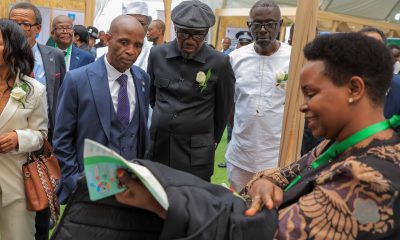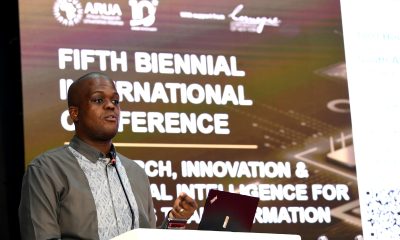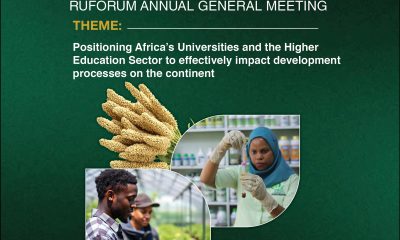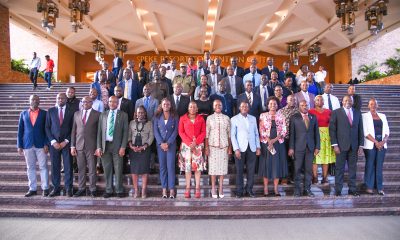General
The Tough but Promising Journey
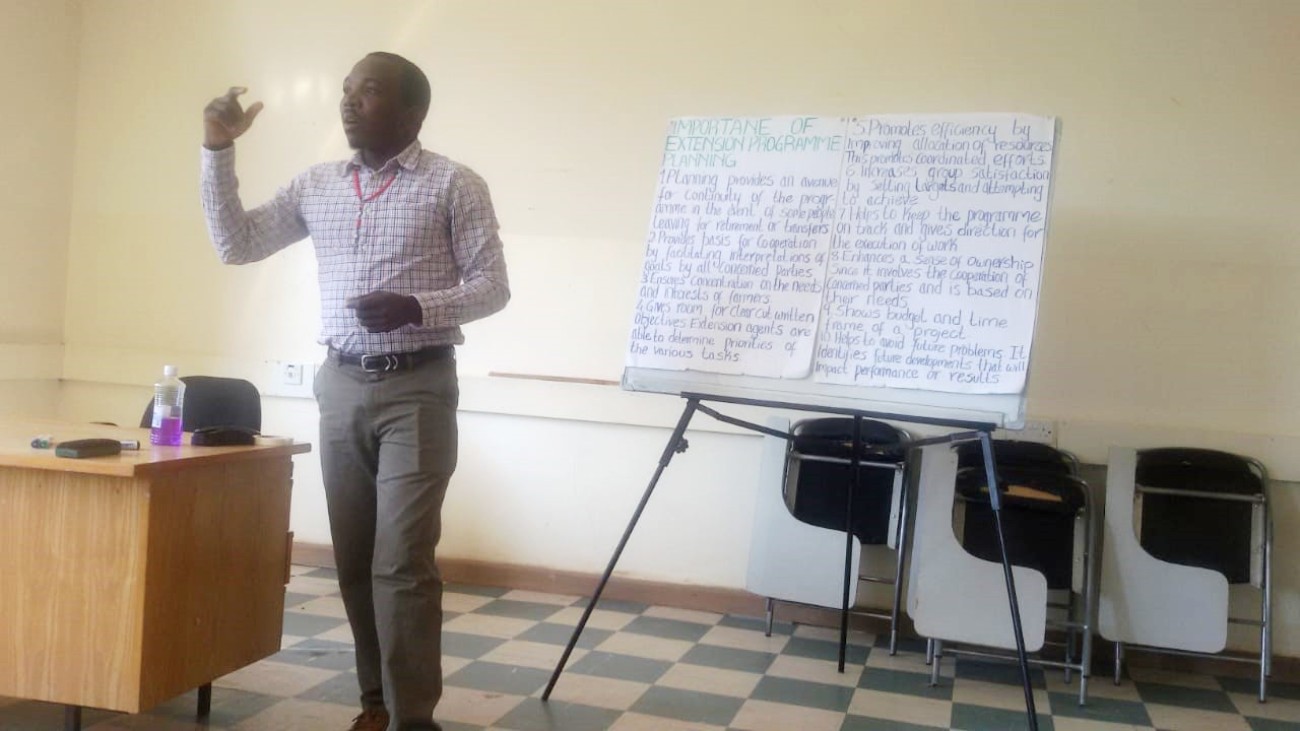
-

 General1 week ago
General1 week agoCall for Applications: Admission to Postgraduate Programmes 2026/2027
-

 Natural Sciences2 weeks ago
Natural Sciences2 weeks agoSimon Mungudit: Mak’s Best Performing Male Science Student & Rising Star in Petroleum Geoscience
-

 Agriculture & Environment1 week ago
Agriculture & Environment1 week agoFrom Adversity to Excellence: The Inspiring Journey of Makerere’s Best Science Student, Esther Ziribaggwa
-

 Health2 weeks ago
Health2 weeks agoCall For Applications: MakNCD Masters and PhD Training Opportunities
-

 Health2 weeks ago
Health2 weeks agoEU Earmarks Shs19.8bn for 15 Joint PhD Scholarships in Health, Environment Research



